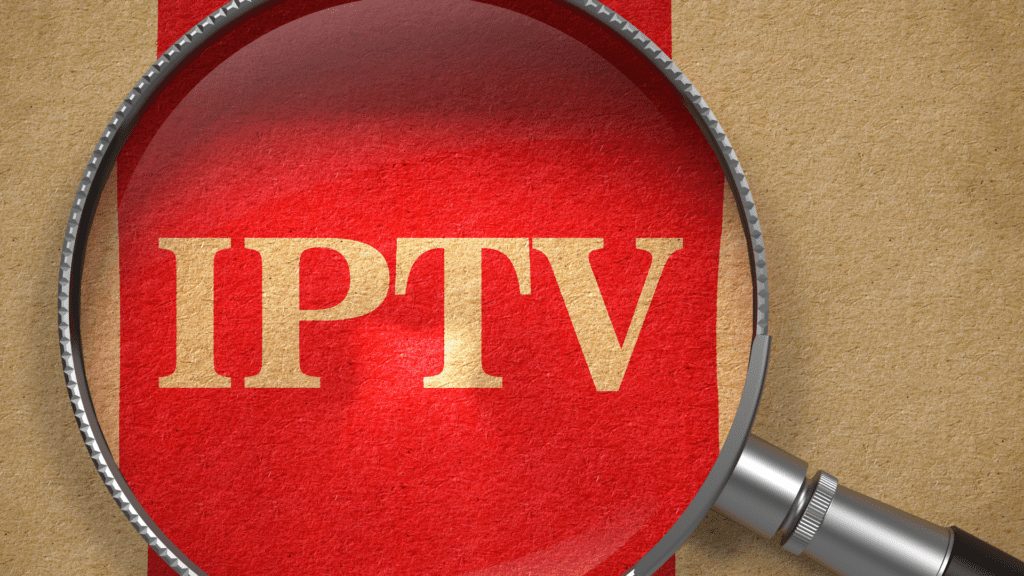Internet Protocol Television (IPTV) has emerged as a popular method for delivering television content over IP networks, offering both service providers and users a range of benefits and challenges. In this exclusive article, we’ll explore the advantages and disadvantages of IPTV from the perspectives of service providers and users, shedding light on the strengths and limitations of this technology.
Advantages of IPTV
For Service Providers:
- Cost Efficiency: IPTV enables service providers to deliver television content more cost-effectively compared to traditional broadcast methods. By leveraging existing IP infrastructure, service providers can reduce the need for expensive hardware and infrastructure investments.
- Scalability: IPTV allows for seamless scalability, enabling service providers to easily expand their offerings and accommodate growing subscriber bases without significant infrastructure upgrades.
- Personalization: IPTV platforms offer advanced personalization features, allowing service providers to tailor content recommendations, advertisements, and user interfaces to individual preferences, enhancing the overall user experience.
- Interactive Services: IPTV enables the delivery of interactive services such as video-on-demand (VOD), catch-up TV, time-shifted viewing, and interactive applications, offering subscribers greater flexibility and control over their viewing experience.
- Revenue Opportunities: IPTV opens up new revenue streams for service providers through value-added services such as premium channel packages, pay-per-view events, targeted advertising, and partnerships with content providers.
For Users:
- Flexibility and Convenience: IPTV offers users unparalleled flexibility and convenience, allowing them to access television content anytime, anywhere, and on any device with an internet connection.
- Expanded Content Options: IPTV provides users with access to a diverse range of content, including live TV channels, VOD libraries, premium channels, international programming, and specialty content that may not be available through traditional broadcast channels.
- Multi-Screen Viewing: With IPTV, users can enjoy multi-screen viewing experiences, watching content on smartphones, tablets, smart TVs, and other connected devices, giving them the freedom to consume content on their preferred device.
- On-Demand and Time-Shifted Viewing: IPTV platforms offer extensive on-demand and time-shifted viewing options, allowing users to watch their favorite shows and movies at their convenience, without being tied to fixed broadcast schedules.
- Interactive Features: IPTV services often include interactive features such as program guides, search functions, parental controls, and recommendations engines, enhancing the overall viewing experience and usability.

Disadvantages of IPTV
For Service Providers:
- Bandwidth Requirements: Delivering high-quality IPTV content requires significant bandwidth, which can strain network infrastructure and result in increased operating costs for service providers.
- Content Licensing and Rights Management: Obtaining licensing rights for IPTV content can be complex and expensive, particularly for premium channels and exclusive content, requiring service providers to navigate intricate legal agreements and negotiations.
- Content Delivery Challenges: IPTV services may face challenges related to content delivery, including network congestion, latency issues, buffering, and quality of service (QoS) issues, which can impact the user experience and result in subscriber dissatisfaction.
- Security Concerns: IPTV platforms are susceptible to security threats such as piracy, unauthorized access, content theft, and digital rights infringement, requiring robust security measures and encryption protocols to protect content and user data.
- Competition and Market Saturation: The IPTV market is highly competitive, with numerous service providers vying for market share, leading to price wars, commoditization of services, and reduced profit margins for providers.
For Users:
- Reliance on Internet Connectivity: IPTV services depend on reliable internet connectivity, and disruptions or outages can affect the availability and quality of content, causing frustration for users.
- Subscription Costs: While IPTV offers a wide range of content options, accessing premium channels, VOD libraries, and specialty content may require additional subscription fees, resulting in higher overall costs for users.
- Device Compatibility: Users may encounter compatibility issues when trying to access IPTV services on certain devices or platforms, requiring them to invest in compatible hardware or software solutions.
- Content Restrictions: IPTV content availability may be subject to regional restrictions, licensing agreements, and content blackouts, limiting access to certain channels or programs based on geographical location.
- Privacy Concerns: IPTV platforms may collect user data for advertising, analytics, and personalization purposes, raising privacy concerns among users regarding the collection, storage, and use of their personal information.
Conclusion
In conclusion, IPTV offers a wide range of advantages and disadvantages for both service providers and users, presenting opportunities for innovation, growth, and revenue generation, as well as challenges related to infrastructure, content delivery, competition, and user experience. By understanding the strengths and limitations of IPTV technology, service providers and users can make informed decisions about deployment, subscription, and usage, ensuring a seamless and satisfactory IPTV experience for all stakeholders in the evolving television landscape.

